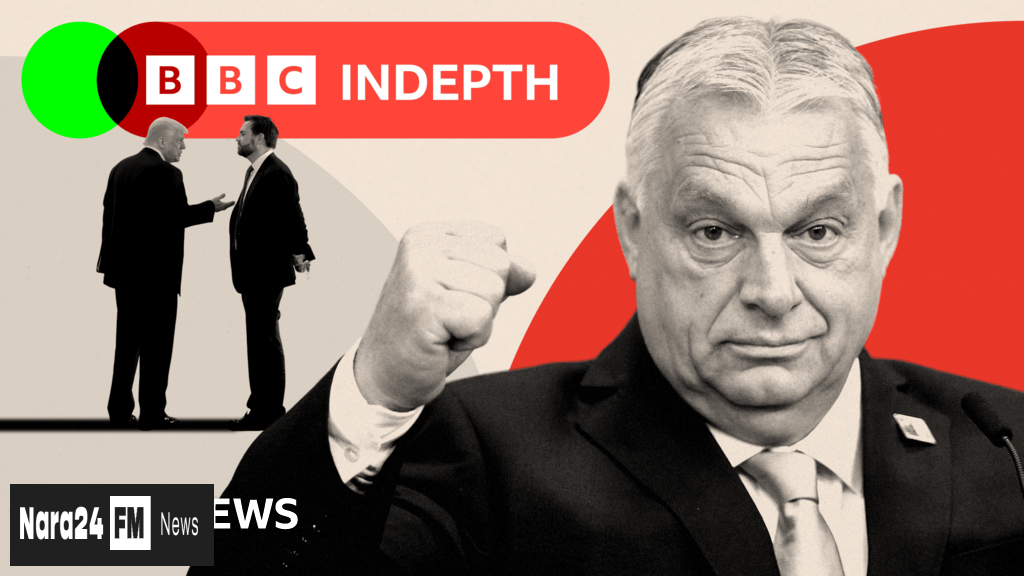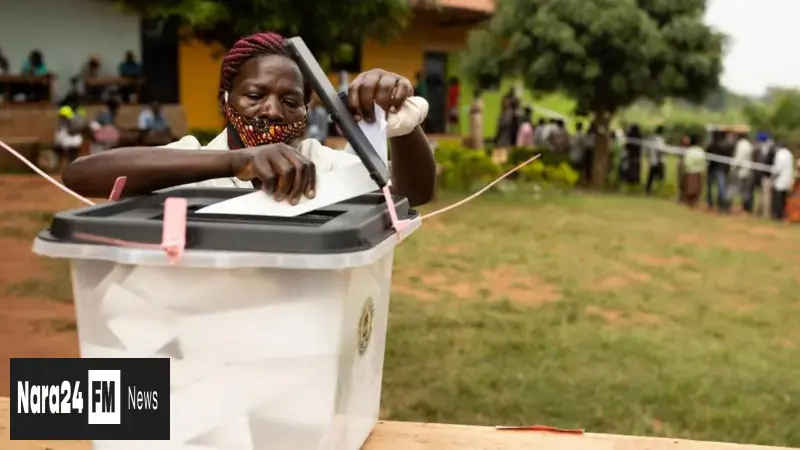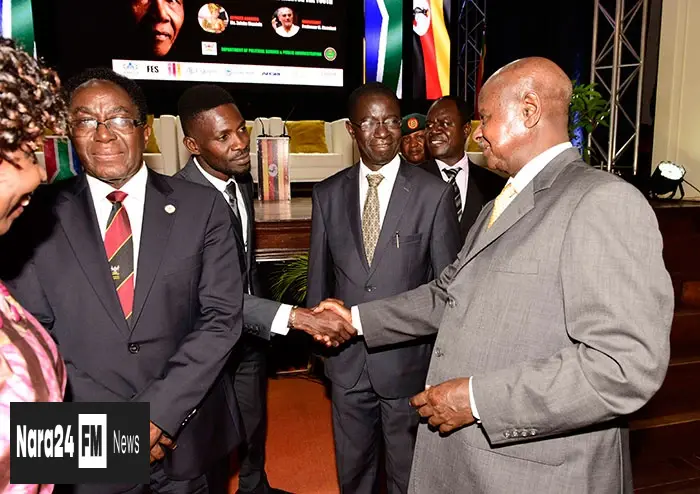In This Article
- Orban's Global Influence and Domestic Challenges
- Scandals and Resignations Eroding Support
- Rise of the Challenger, Peter Magyar
- Decline of Orban's Fear-Mongering Strategy
- Electoral System and Potential Political Transformation
- Outlook for the 2026 Election
Key Takeaways
- Hungarian Prime Minister Viktor Orban's grip on power is weakening ahead of the 2026 election due to scandals and growing discontent.
- A former ally, Peter Magyar, is challenging Orban with his Tisza party, gaining ground in polls by criticizing corruption and nepotism within Orban's Fidesz party.
- Orban's divisive strategies, such as stoking fears over migration and LGBTQ+ rights, are losing effectiveness as public sentiment shifts, evident in events like the record-turnout Budapest Pride march.
Hungarian Prime Minister Viktor Orban, often hailed as a "strongman" leader, has long been a polarizing figure on the global stage. His unyielding stance on conservative values and "illiberal democracy" has earned him admirers worldwide, including former U.S. President Donald Trump and Georgian Prime Minister Irakli Kobakhidze. However, as Hungary approaches its next election in 2026, Orban's once unshakable grip on power is showing signs of vulnerability.
Orban's political playbook, which has inspired leaders abroad, is now facing significant challenges at home. Recent events, including a scandal involving the pardon of a man convicted of covering up child sexual abuse, have tarnished his image. The resignation of President Katalin Novak and Justice Minister Judit Varga, coupled with the emergence of a surprise challenger from within his own circle, has further weakened his position.
The challenger, Peter Magyar, a former ally of Orban, has capitalized on growing discontent with the government. In a widely shared interview, Magyar criticized the nepotism and corruption within Orban's Fidesz party, resonating with a populace increasingly frustrated with the state of public services, including healthcare and education. Recent polls indicate that Magyar's Tisza party is gaining ground, with some surveys showing it ahead of Fidesz.
Orban's strategy of rallying voters by stoking fears—be it about migration, LGBTQ+ rights, or Ukraine's EU membership—has been a cornerstone of his political success. However, this approach is losing its effectiveness. The recent Budapest Pride march, which saw record turnout despite government opposition, highlights a shift in public sentiment. While Orban has used such events to consolidate his base, they also underscore the growing resistance to his policies.
Hungary's electoral system, heavily influenced by Orban's 2011 reforms, has historically favored his party. Yet, as opposition parties begin to unite and the public grows disillusioned, the "winner takes all" model that has sustained Orban's dominance is being called into question. With his playbook faltering, Hungary may be closer than ever to a political transformation that could end Orban's 15-year reign.
As the 2026 election looms, the question is not just whether Orban's liberal opponents can challenge him, but whether his own conservative base will remain loyal. The ice-cream, as the Hungarian saying goes, may indeed be licking back.








Comments (0)
Leave a Comment
Be the first to comment on this article!